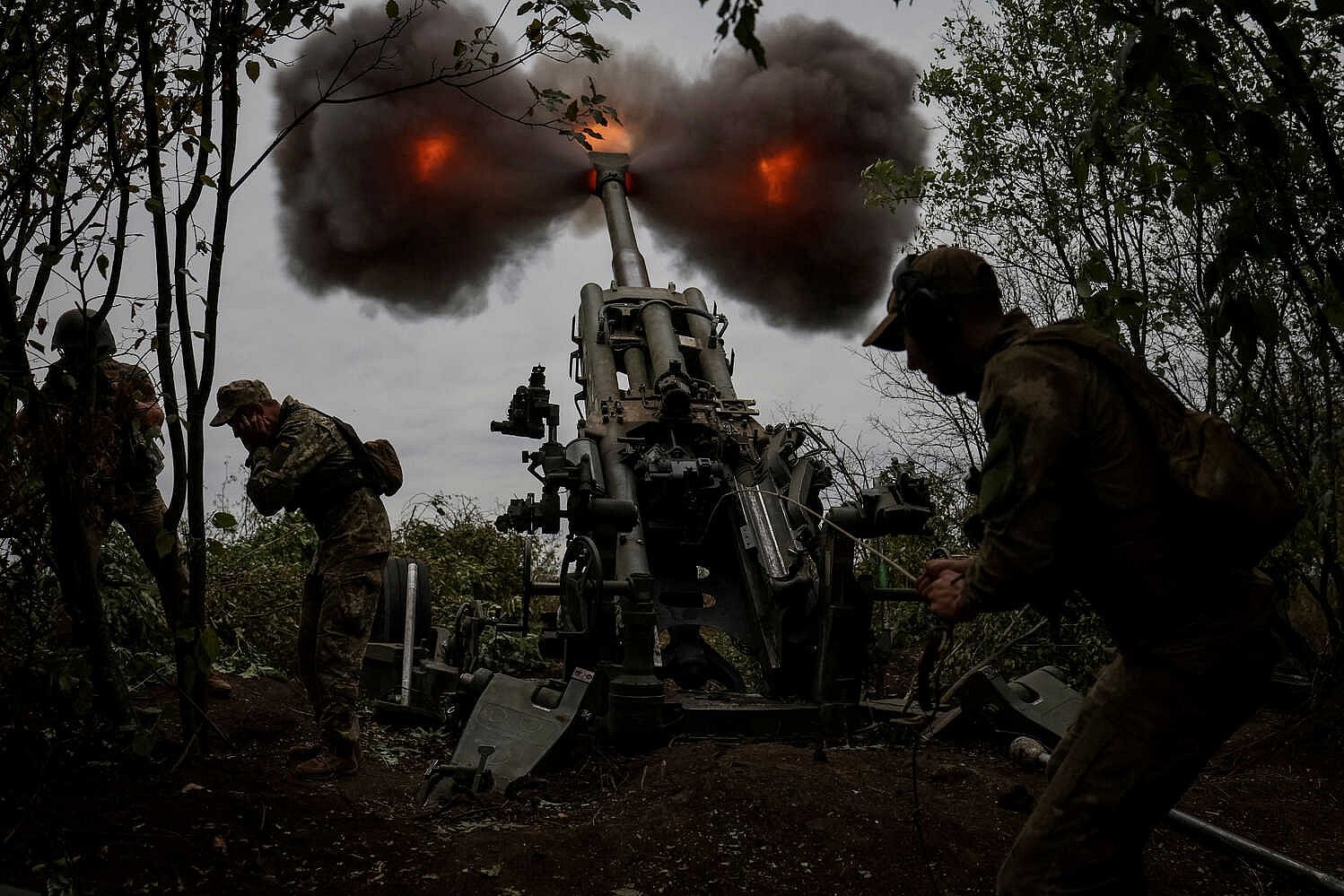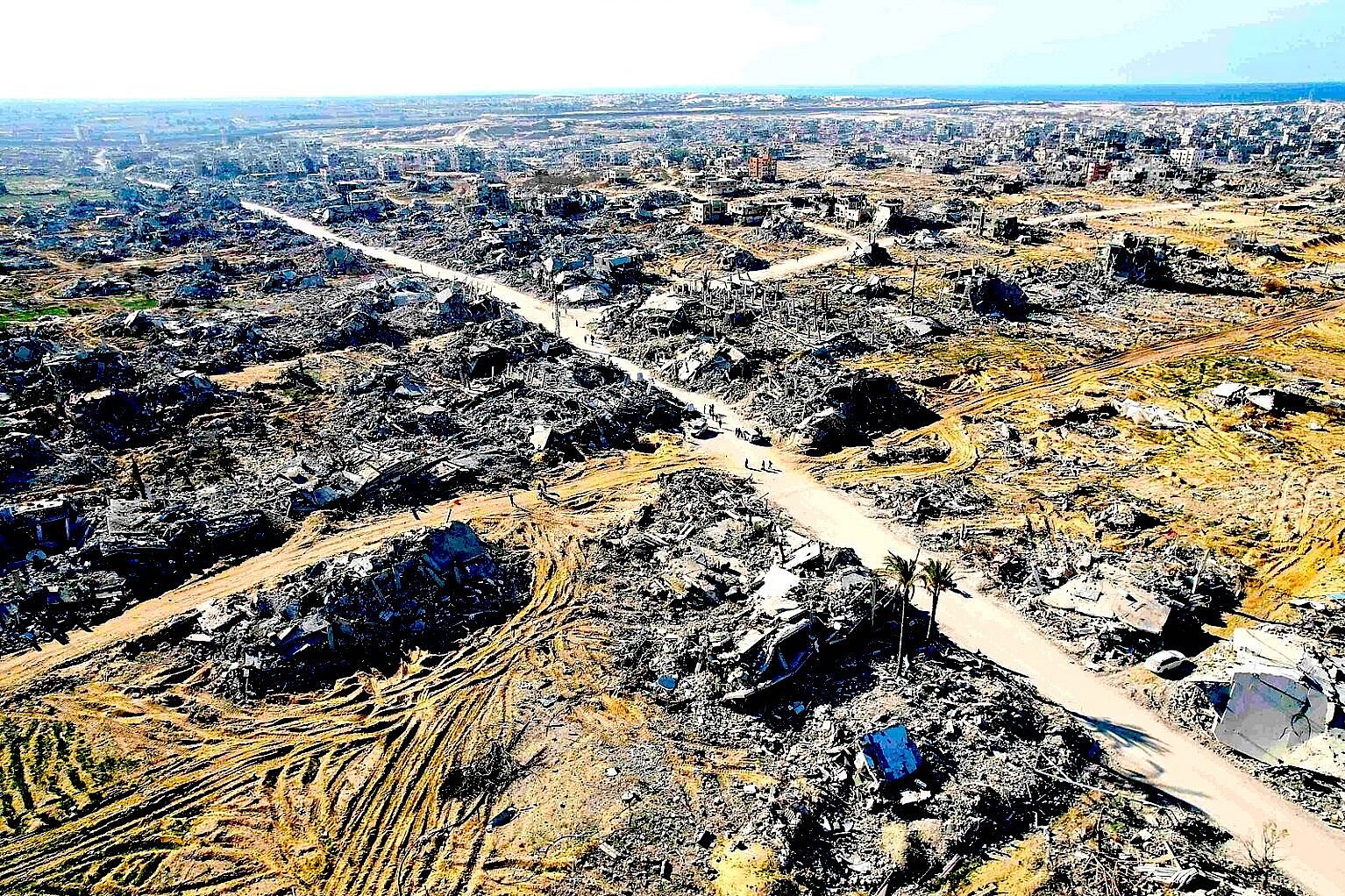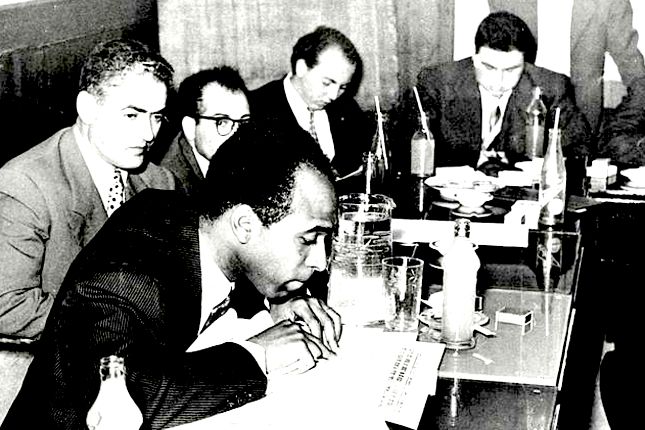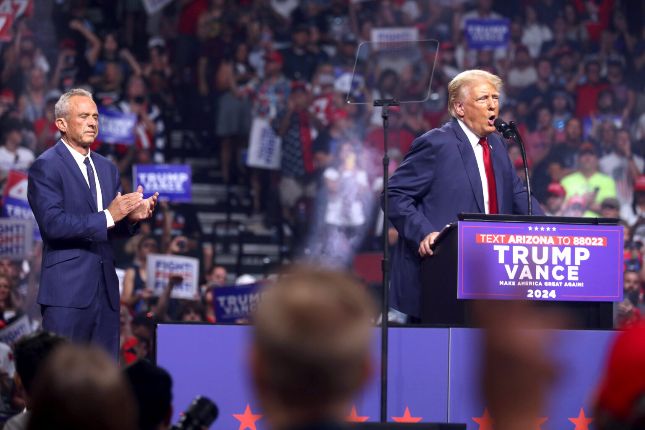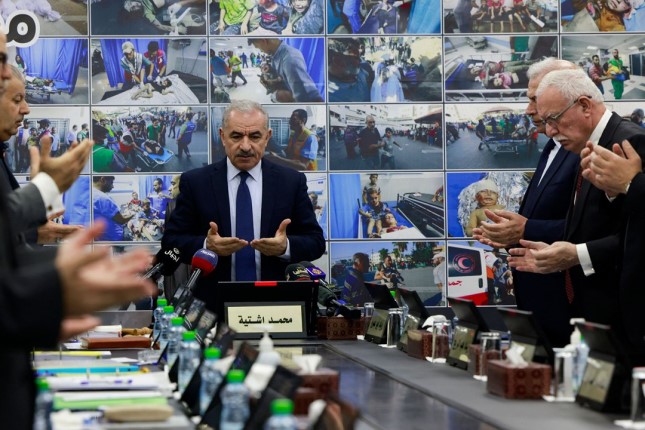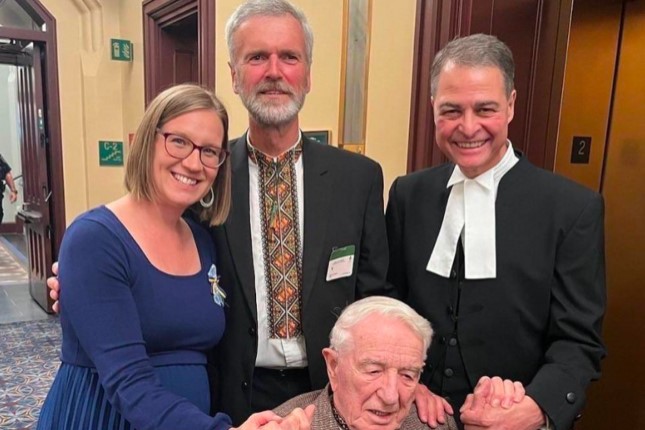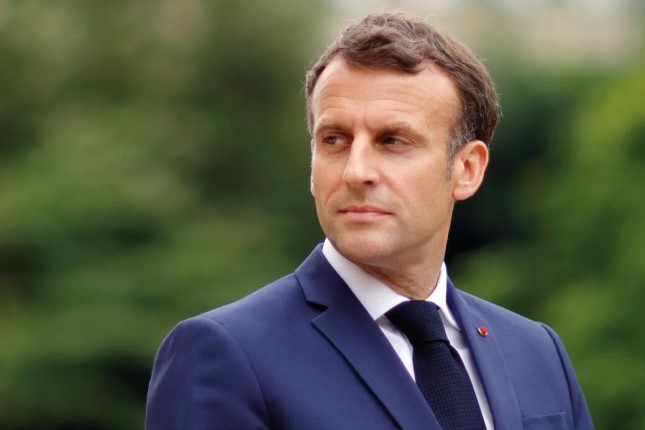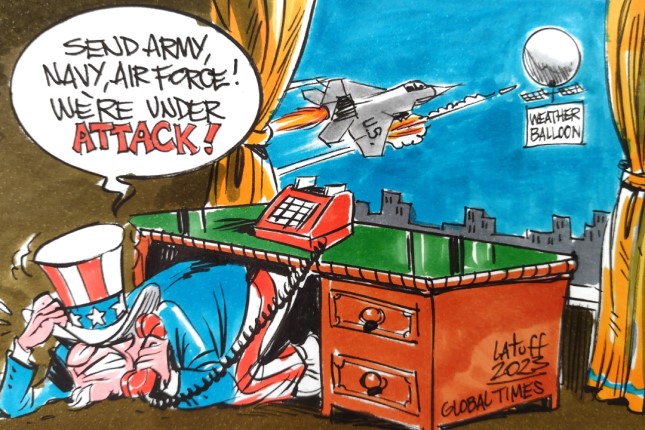Reuters responded by reminding its readers what happened in the first round of Istanbul talks in the first weeks of the war.
The article, entitled “What happened the last time Russia and Ukraine held peace talks?” is a tour de force of cherry picking and of missionary journalism that fixes the quotations around the conclusion instead of arriving at the conclusion from the quotations.
The article says that the original negotiations, held in Belarus and Istanbul between February 28 and mid-April 2022, “focused mainly on sovereignty issues,” implying that the root cause of the war was the question of Ukraine’s sovereignty. There is little discussion in the documents of Ukraine’s sovereignty because that was never really the issue. In Article 2, as Reuters notes, Russia succinctly and clearly guarantees the “independence and sovereignty of Ukraine.”
The focus was not on sovereignty but on security. All of Article 1 is on security with the first and, always, key point being Ukraine enshrining a guarantee of its neutrality in its constitution, including the promise not to join any military alliances. That focus addresses Russia’s key goal in going to war. In return, the draft agreement grants Ukraine security guarantees, having agreed to abandon NATO membership. For both parties, the focus was mainly on security concerns.
The Reuters article gets worse. The article focuses on the disagreement between the two sides, identifying four key points. Reuters says the points of disagreement were Russia’s demand for the denazification of Ukraine, for protection of the cultural and linguistic rights of ethnic Russians in Ukraine, and for agreement of all guarantor states, including Russia, on the use of armed force to protect Ukraine in the event of a future attack. On the issue of caps on the Ukrainian armed forces, Reuters says, “the two sides disagreed sharply.”
Reuters never mentions that Oleksandr Chalyi, a member of Ukraine’s negotiating team who was actually there, says that the two sides “concluded the so-called Istanbul Communique. And we were very close in the middle of April, in the end of April to finalize our war with some peaceful settlement.” Nor does it quote another member of the negotiating team, Oleksiy Arestovych, who says that the talks in Istanbul were successful and could have worked and that the Istanbul agreement was 90% prepared and that all that remained was that “question of the amount of Ukrainian armed forces in peacetime.” “We opened the champagne bottle,” Arestovych said.
Those are stark omissions. The Reuters article informs its readers only of the disagreements, which it makes sound insurmountable. It does not mention that what remained after their points of disagreement was 90% agreement that was close to finalizing the end of the war. It does not mention that the groundwork was laid for the U.S. and its partners to embrace the diplomatic process and the Istanbul agreement that resulted from it—complete with its problems—and encourage the promising negotiations that might have ended the war in its first days, before all the death and suffering and loss of land.
Having focused on the 10% disagreement, the Reuters article turns its attention to why the talks broke down. It cites two reasons.
The first is that Ukraine had “shown evidence to the world of alleged Russian war crimes that provoked international condemnation, although Moscow denied them.” But Reuters omits a historical record that strongly argues that the alleged atrocities in Bucha did not play a significant role in killing the talks.
On April 5, 2022, the day after Zelensky visited Bucha, he told Ukrainian journalists that what happened in Bucha was “unforgivable” and will make “the possibility of negotiations… a challenge.” But, he added even after Bucha, “You have to do it. I think that we have no other choice.”
Russian and Ukrainian negotiators continued to work on the Istanbul agreement after the discovery at Bucha. Drafts of the treaty were still being worked on by the two sides as late as April 12 and April 15, ten days after Zelensky had visited Bucha. Samuel Charap, Distinguished Chair in Russia and Eurasia Policy and a Senior Political Scientist at the RAND Corporation, and Sergey Radchenko, Wilson E. Schmidt Distinguished Professor at Johns Hopkins University School of Advanced International Studies in Europe, conclude from an analysis of the evidence that the discovery of atrocities at Bucha were no more than “a secondary factor in Kyiv’s decision-making” about aborting the talks.
The second is that “[b]y April 2022, the situation on the battlefield appeared to be turning in Ukraine’s favour.” Reuters says that Charap and Radchenko say that Ukraine’s improving situation on the battlefield made them “less inclined to accede to Russian demands.”
Charap and Radchenko do say this. They say that Russia’s withdrawal from Kiev’s periphery “stiffened Zelensky’s resolve, removing an immediate threat to his government, and demonstrated that Putin’s vaunted military machine could be pushed back, if not defeated, on the battlefield.”
But they say much more than that that the Reuters article chooses to omit. They say that there were many factors that contributed to the termination of talks, including that the “Western response to these negotiations… was certainly lukewarm.”
They cite “a former U.S. official who worked on Ukraine policy at the time” who told them that, faced with concerns about the draft treaty, “instead of embracing the Istanbul communiqué and the subsequent diplomatic process, the West ramped up military aid to Kyiv.” Charap and Radchenko say that “the lack of Western enthusiasm does seem to have dampened his interest in diplomacy.”
They say that Boris Johnson, “disinclined toward diplomacy,” told Zelensky that “any deal with Putin…would be some victory for him: if you give him anything, he’ll just keep it, bank it, and then prepare for his next assault.” They also say that “willingness to engage diplomatically with Russia” was not “a priority for the United States and its allies.” The Americans, they say, “did not appear to consider [diplomacy] central to their response to Russia’s invasion” and “the willingness… to undertake high-stakes diplomacy… has been notably absent in Washington and European capitals.”
Ukrainian President Volodymyr Zelensky’s new optimism about the battlefield may have played a role in the pessimism about the diplomacy. But the West’s discouragement of pursuing a diplomatic path that was close to ending the war and its promises of whatever Ukraine needs for as long as it needs if it continues fighting the war helped push it down the path of war.
And the historical evidence for that Western push—entirely omitted by the Reuters account of why the talks broke down—is convincing.
Supporting testimony comes from Turkish officials who were involved as mediators. Then Israeli Prime Minister Naftali Bennett, who was asked by Zelensky to play a role in the mediations, says that the U.S. “blocked” the talks. Germany’s former Chancellor Gerhard Schröder, was also asked by Kiev to play a role in mediating the Istanbul talks, reports the same. Jean-Daniel Ruch, the Swiss ambassador to Turkey during the talks, says that “the West pulled the plug on the negotiations that were on the edge of leading to a ceasefire…. [W]e had a ceasefire close at hand, and then it’s the Americans, with their British allies, who said no.”
Victoria Nuland, former U.S. undersecretary of state for political affairs, has admitted as much. Davyd Arakhamiia, who led the Ukrainian negotiating team in Istanbul, said that the West “actually advised us not to go into ephemeral security guarantees.”
Arakhamiia also confirms the earlier Ukrainska Pravda report that British Prime Minister Boris Johnson hurried to Kiev to tell Zelensky that Putin “should be pressured, not negotiated with” and that, even if Ukraine was ready to sign some agreements with Russia, “the West was not.” Arakhamiia says that “When we returned from Istanbul, Boris Johnson came to Kiev and said that we would not sign anything with them at all, and let’s just fight.”
The Reuters piece concludes with the dramatic closer that Zelensky “said in December 2024 that there were no ‘Istanbul agreements’, only talks in which Ukraine had responded to an ‘ultimatum’ by Russia but did not sign anything.”
Maybe he did say that. But, in the most glaring omission of all, the Reuters article never once mentions that the Istanbul diplomacy resulted in a draft agreement that was initialled by the lead negotiators of both sides.
It never mentions that The New York Times reported that it was “Ukraine [that] summarized the proposed deal in a two-page document it called the Istanbul Communiqué” and that “Mr. Zelensky and Mr. Putin would meet in person to finalize a peace treaty and strike a deal on how much Ukrainian territory Russia would continue to occupy.”
It never mentions that Arestovych says that Zelensky “directly meeting with Putin… Was to be the next step of negotiations, or that the final point of the Istanbul Communiqué states that “The parties consider it possible to hold a meeting on… 2022 between the presidents of Ukraine and Russia with the aim of signing an agreement and/or making political decisions regarding the remaining unresolved issues.” Arestovych fills in the blank by reporting that Zelensky and Putin were scheduled to meet on April 9, and a ceasefire was to take place. The Charap-Radchenko article that the Reuter’s authors cherry pick from says, “Putin and Zelensky were supposed to sign [a treaty] during a summit to be held in the not-too-distant future.”
And as for the issue they “disagreed sharply” on, the limitations on the Ukrainian armed forces, Arestovych says that “President Zelensky said, ‘I could decide this question indirectly with Mr. Putin.’”
“What happened the last time Russia and Ukraine held peace talks?” is a shameful abdication of journalistic responsibility. It cherry picks the quotations that serve its agenda and omits the quotations that reveal its bias. The article does not inform its readers about the history of peace talks between Russia and Ukraine but tarnishes them. In doing so, Reuters trades reporting to its readers for advocating for the continuation of war.
Source: AntiWar.com.
